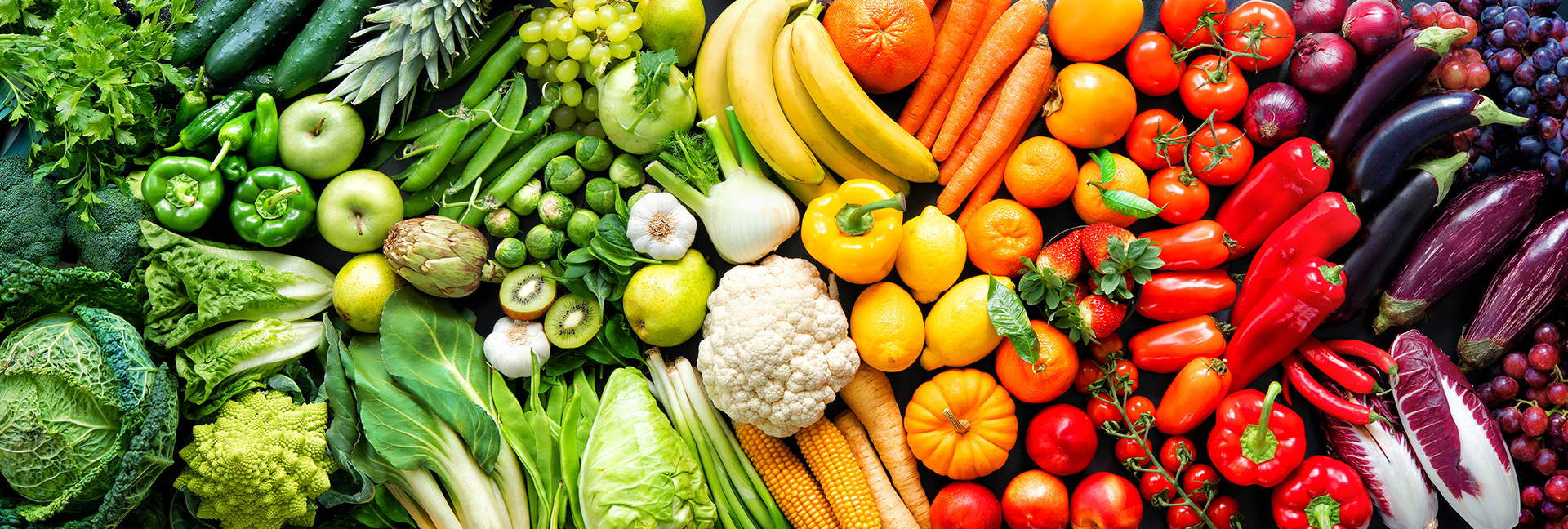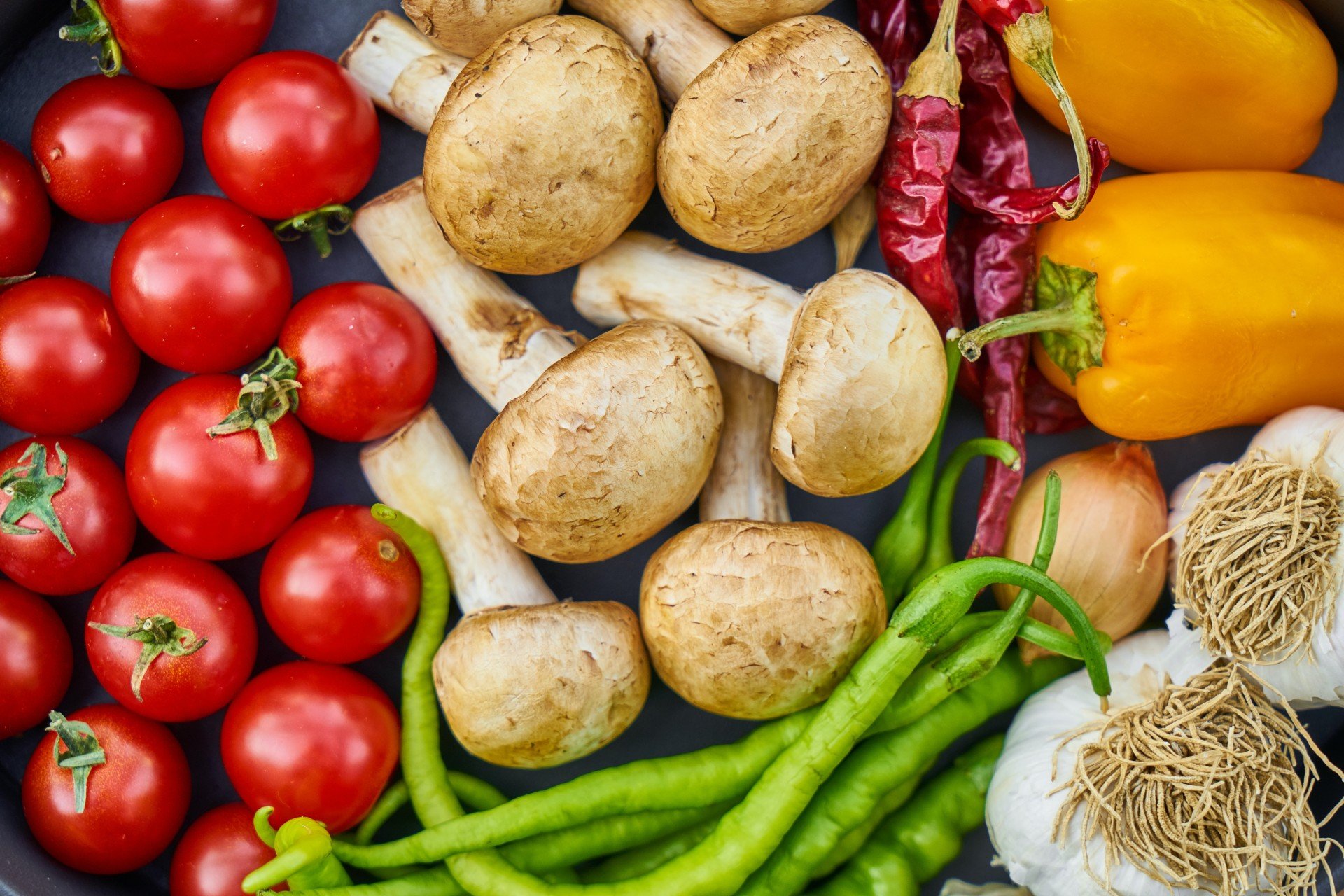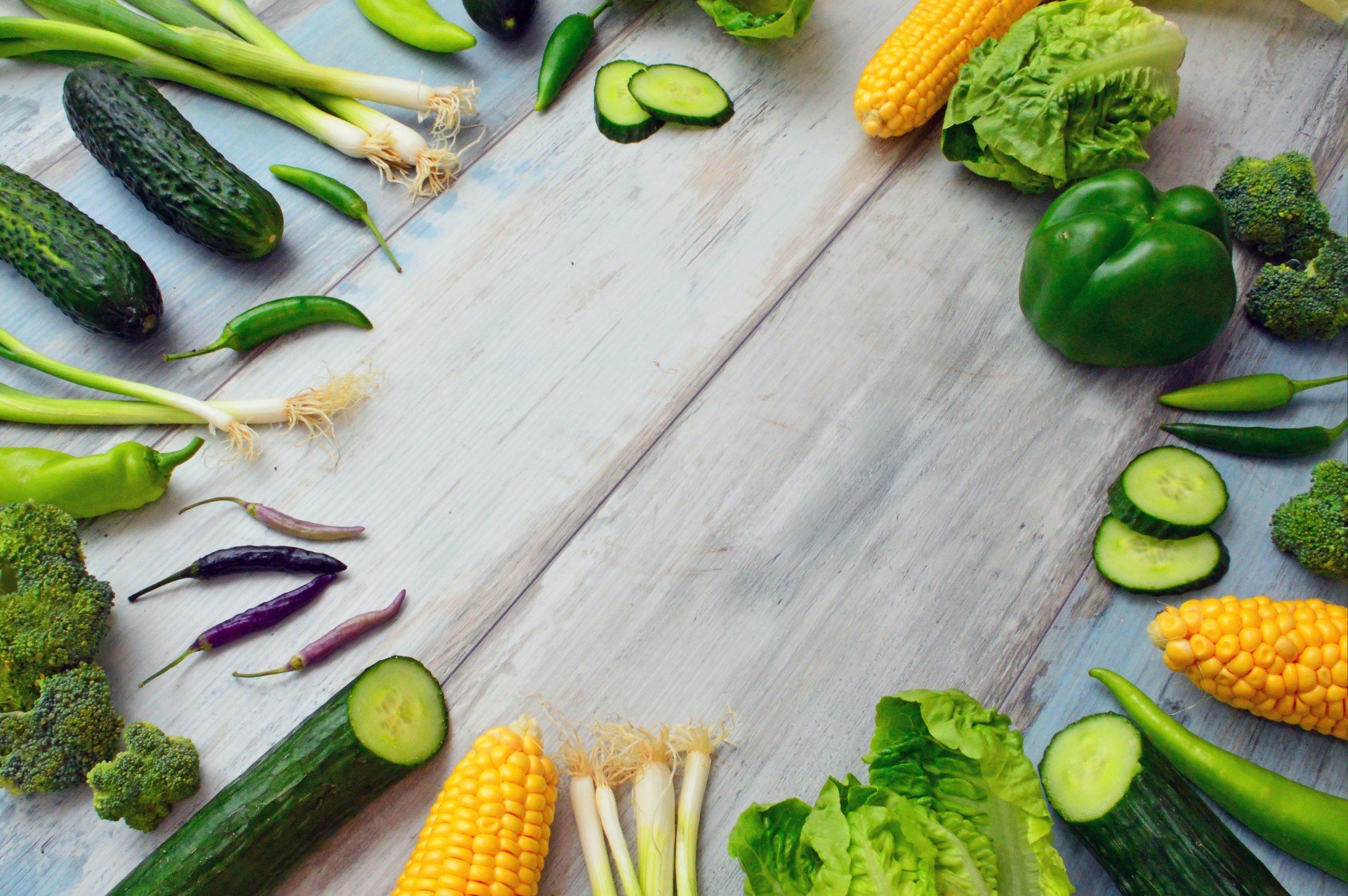Our shelves are stocked with a variety of foods to meet the needs of your diet, whether you’re vegan, gluten-free, paleo, or just want to grab a snack you can feel good about.
VISIT US TODAY!
The Cornucopia is a local and family owned natural food store.
We have been proudly serving San Marcos and the surrounding area since 1970.

FAMILY OWNED AND OPERATED
Your One-Stop Shop for Fresh, Organic and Nutritious Food
We provide the elements for a healthy lifestyle,
better eating habits, and products that will have
you feeling good about your diet and your budget!
Featured Products
$13.49





